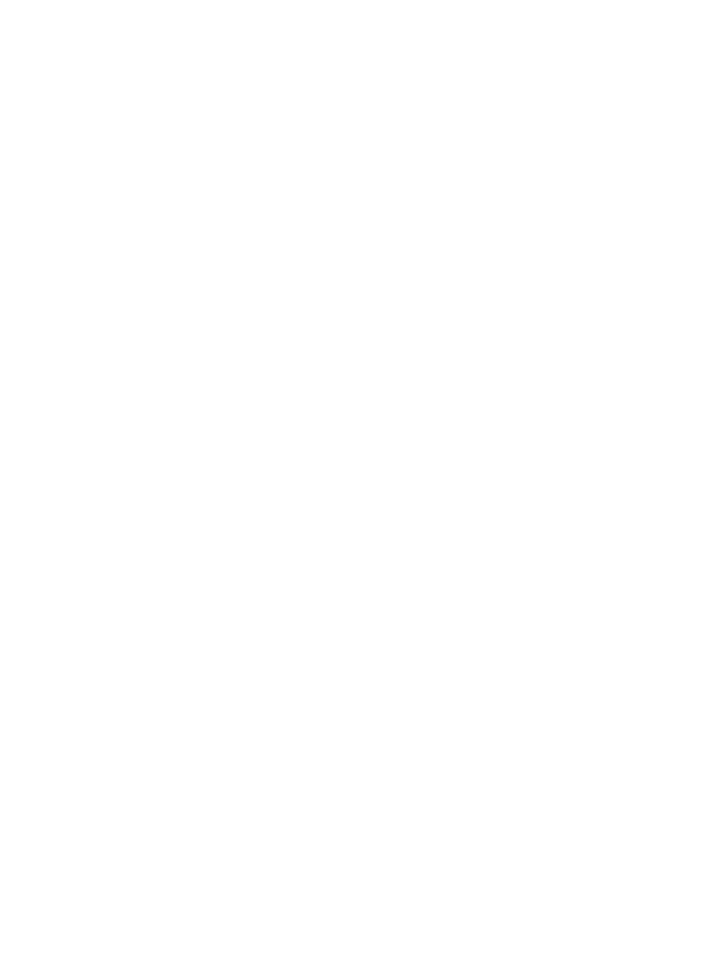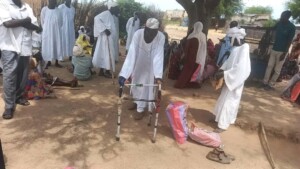New Khartoum governor threatens to tighten lockdown
The new governor of Khartoum state, Yousef El Dei, does not rule out that he will gradually reduce the hours allowed for shopping if overcrowding in the residential districts continues.
 People in Khartoum are transported in a refrigetated van in clear violation of all coronavirus lockdown measures (Social media)
People in Khartoum are transported in a refrigetated van in clear violation of all coronavirus lockdown measures (Social media)
The new governor of Khartoum state, Yousef El Dei, does not rule out that he will gradually reduce the hours allowed for shopping if overcrowding in the residential districts continues. The bread and cooking gas shortages in Khartoum increased significantly last week.
The coronavirus (Covid-19) lockdown in Khartoum state started on Saturday. People are restricted to do their shopping in their own neighbourhood from 6 am until 1 pm. The major markets have been closed as well. Public transport has been banned. The lockdown measures will be evaluated in the coming three days, El Dei said.
Former Minister of Governance Yousef El Dei was appointed as acting governor of Khartoum last week, after Prime Minister Abdallah Hamdok dismissed the military governor for refusing to ban group prayers in Khartoum mosques.
Sudan’s Ministry of Health reported 30 new cases of coronavirus (Covid-19), including four fatalities, as of Friday. 27 cases, were confirmed in Khartoum, one in El Gezira, and two in White Nile state on Friday, bringing the total to 92 since the first patient was reported in March.
Bread and cooking gas
Bread and cooking gas shortages in Khartoum increased significantly, causing overcrowding in front of bakeries and selling points of cooking gas. This conflicts with the coronavirus measures to ban gatherings of people.
The authorities in Khartoum closed all petrol stations except nine, which are designated for vehicles of the emergency services. The police was ordered to remove the queues of vehicles in front of petrol stations.
The Alban Jadeed Square in the densely populated El Hajj Yousef district in Khartoum North witnessed an unprecedented crowd of people trying to obtain cooking gas this weekend.
The governor of Khartoum reported an imbalance in the distribution of cooking gas to the residential districts. He said he would address this problem. He also acknowledged a shortage of flour in the state. The state government provided 10,000 [100 kg] sacks of flour. The governor expects this amount to increase until the shortage has disappeared.

Omdurman
The security committee of Ombadda locality in Omdurman directed the police to intensify night patrols and better monitor the movement of cars on the streets and markets.
The spokesman for the police, Maj Gen Omar Abdelmajid, reported an attack on three people in a shop in Block 7 in Ombadda on Saturday. The shopkeeper and his son were wounded.
He said that the police patrol that was stationed near the site rushed to the scene after hearing gun shots and took control of the situation.
States
The North Darfur High Coordination Committee against the Coronavirus recommended on Sunday that all localities limit the movement of people.
The authorities in White Nile state extended the curfew to last from 4 pm until 6 am. All civil servants are suspended, with the exemption of those that perform crucial tasks.
The curfew in Sennar now lasts from 2 pm to 6 am. Shops that sell necessities as food, pharmacies, clinics, and laboratories are exempted. Wholesale shops and shops for building materials are allowed to open three days a week. Trucks are not allowed to enter markets.
In River Nile state in northern Sudan, the state government loosened the ban on traffic between the localities. The curfew now lasts from 4 pm until 6 am.
Activist Badreldin Hussein told Radio Dabanga that the decision to change the curfew hours was taken because the people need to be able to travel to Atbara, Berber, and Ed Damer.
Radio Dabanga’s editorial independence means that we can continue to provide factual updates about political developments to Sudanese and international actors, educate people about how to avoid outbreaks of infectious diseases, and provide a window to the world for those in all corners of Sudan. Support Radio Dabanga for as little as €2.50, the equivalent of a cup of coffee.












 and then
and then